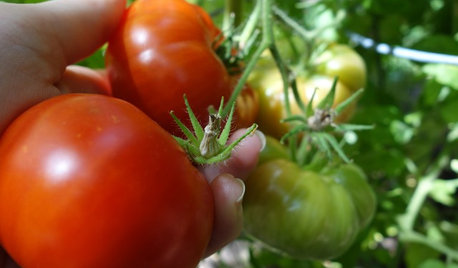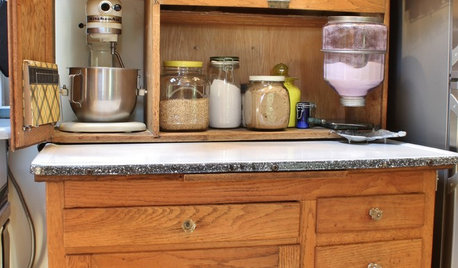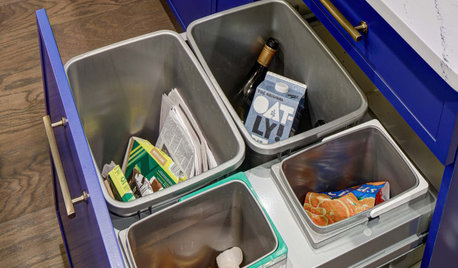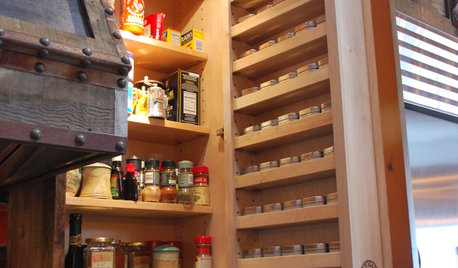Reasons for no-no canning with flour, eggs?
nancyofnc
14 years ago
Featured Answer
Sort by:Oldest
Comments (19)
readinglady
14 years agoLinda_Lou
14 years agoRelated Professionals
Wareham Landscape Architects & Landscape Designers · Edmond Landscape Contractors · Waterbury Landscape Contractors · Bainbridge Island Landscape Contractors · Cudahy Landscape Contractors · Dallas Landscape Contractors · Davidson Landscape Contractors · Dedham Landscape Contractors · Fair Lawn Landscape Contractors · Huntley Landscape Contractors · Mason Landscape Contractors · Seminole Landscape Contractors · Weymouth Landscape Contractors · Northlake Landscape Contractors · Castro Valley Driveway Installation & Maintenancekathy_in_washington
14 years agodigdirt2
14 years agoannie1992
14 years agoreadinglady
14 years agodigdirt2
14 years agojosh_58
14 years agoafeisty1
14 years agobusylizzy
14 years agokathy_in_washington
14 years agozabby17
14 years agobusylizzy
14 years agoannie1992
14 years agocaavonldy
14 years agonbcaveman_gmail_com
12 years agodigdirt2
12 years agoLinda_Lou
12 years ago
Related Stories

ORGANIZINGThe Case for Hidden Storage
Imagine how much more peaceful your home would feel with cleared surfaces. And that’s just one reason to stow your supplies
Full Story
LIFEKitchen Traditions: Tomato Season Meets a Family Legacy
Somewhere a Sicilian great-great-grandmother is smiling at a bowl of American-made sauce
Full Story
ANTIQUESMust-Know Furniture: The Hoosier Cabinet
This freestanding cabinet handled all the kitchen bustle in the early 20th century, earning it the motto ‘Hoosier saves steps’
Full Story
LIFEEasy Green: Modern Homesteaders Stake a Claim
With more options for raising chickens, growing edibles and keeping bees than ever, suburban and city folk are rediscovering a lost art
Full Story
KITCHEN STORAGEHow to Get Your Pullout Waste and Recycling Cabinets Right
Personalize your kitchen waste storage with the best bin configuration and pullout system
Full Story
PRODUCT PICKSGuest Picks: The Well-Stocked Starter Kitchen
We’ve got all the kitchen basics and tableware you need (or that recent grad needs) to make cooking a joy
Full Story
DOWNSIZINGSimplifying: What Items in Your Kitchen Are Just Taking Up Space?
Here are some of the cooking tools, small appliances and dishware you may not need
Full Story
TRADITIONAL STYLEDecorating With Antiques: Silver’s Legacy
Learn how to tell sterling from plate, ways to display pieces and why silver is so darn special to begin with
Full Story
MOST POPULAR4 Obstacles to Decluttering — and How to Beat Them
Letting go can be hard, but it puts you more in control of your home's stuff and style. See if any of these notions are holding you back
Full Story
KITCHEN DESIGN7 Steps to Pantry Perfection
Learn from one homeowner’s plan to reorganize her pantry for real life
Full Story





readinglady